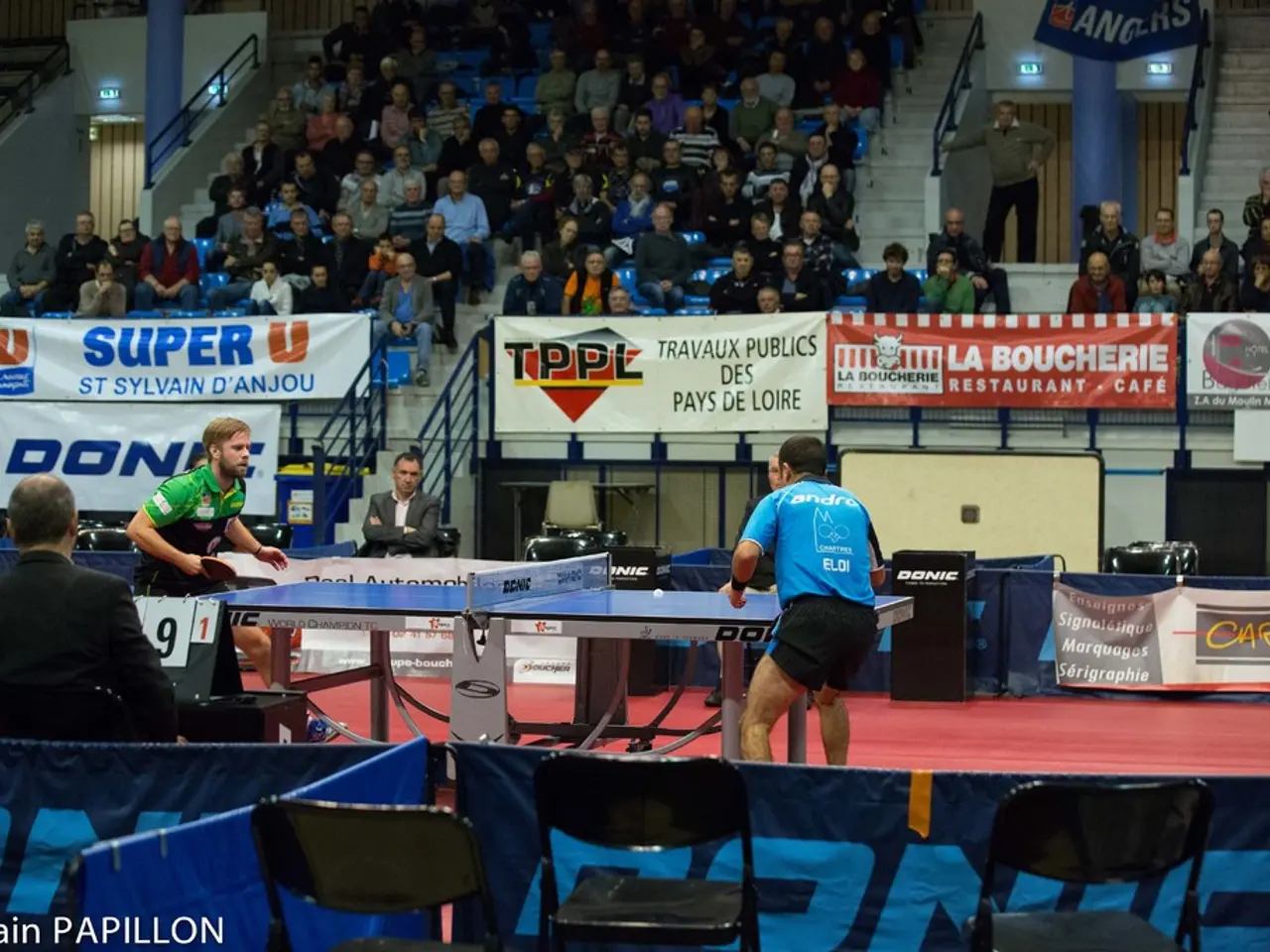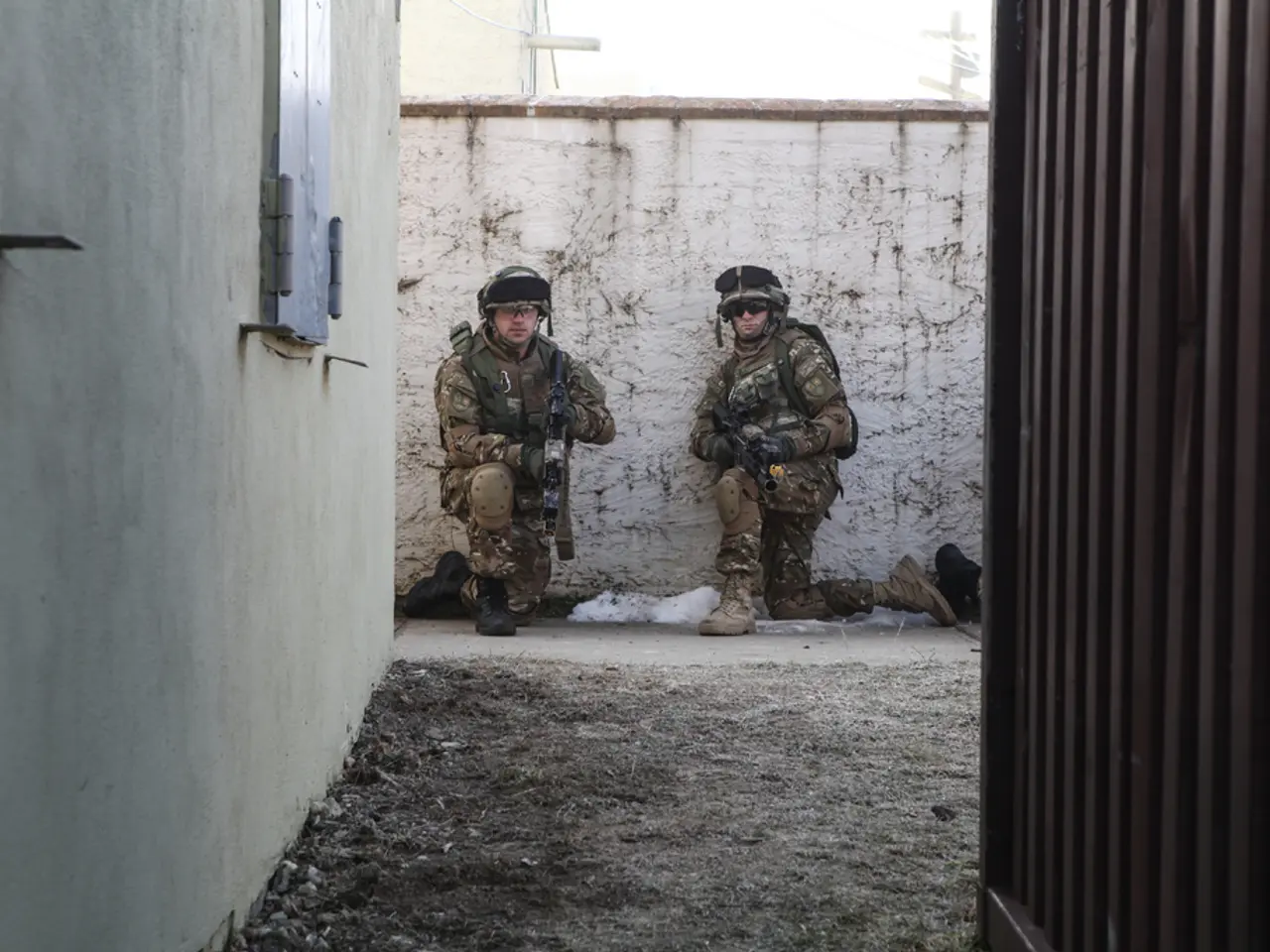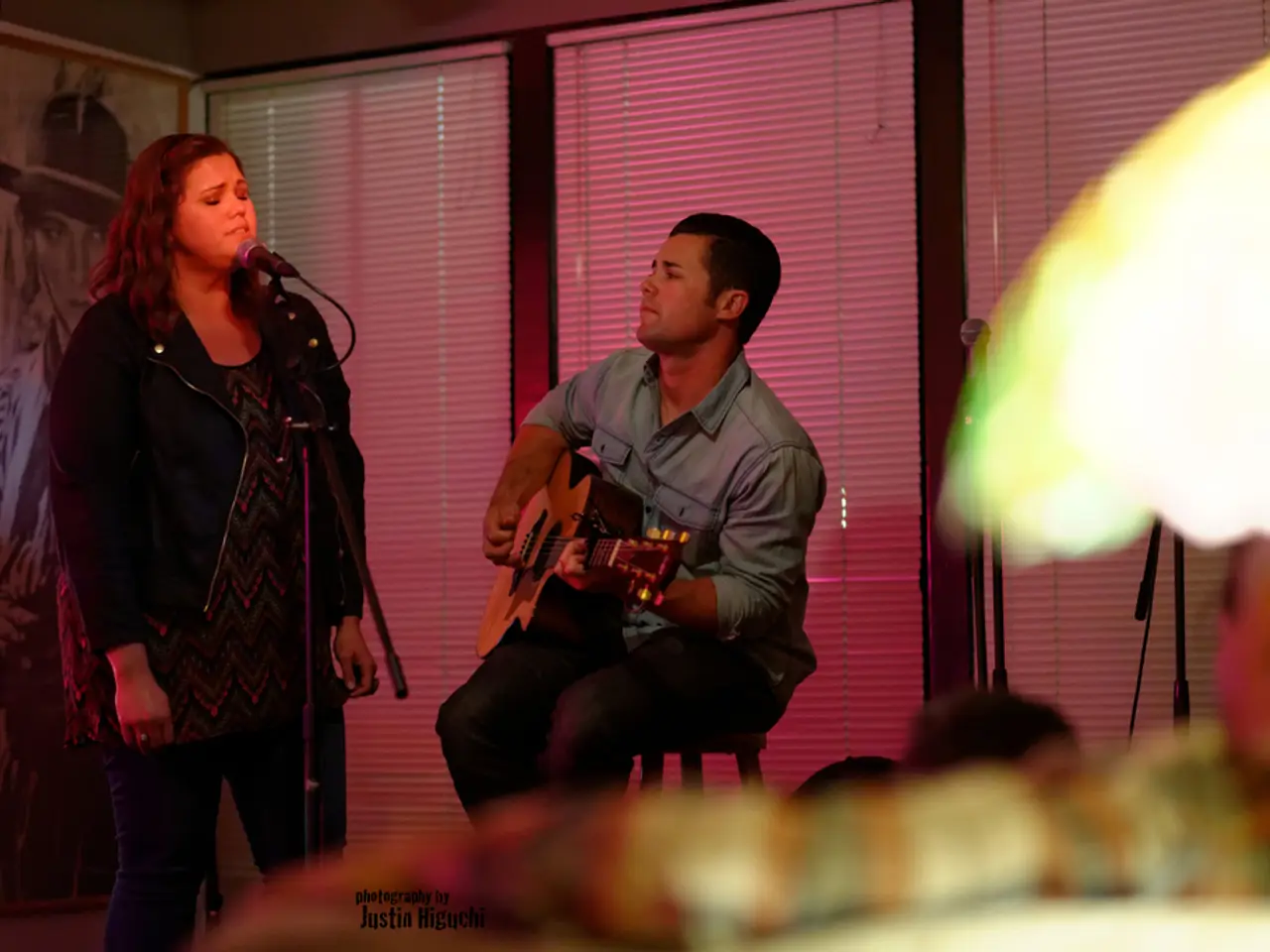FIFA criticized for Club World Cup by Kovac, calls for changes made - Criticizes World Cup, Kovac Advocates for FIFA to Implement Changes in the Tournament
The upcoming 2026 FIFA World Cup, scheduled to take place mainly in the United States and Canada, is set to face unique challenges related to extreme heat and unfamiliar pitch conditions. These challenges have already been highlighted in the recent FIFA Club World Cup, serving as a precursor and test case for the upcoming tournament.
**Heat Impact and Adaptations**
The heat is a significant concern, with many host cities, such as Dallas, Houston, and Miami, experiencing temperatures frequently above 40°C (104°F) accompanied by high humidity. This creates a dangerous heat index that poses a serious risk of heatstroke and dehydration for players and spectators alike.
Studies by FIFPro have identified six of the 16 venues for the 2026 World Cup as having an extremely high risk of heat-related illness, particularly given the planned kick-off times. To mitigate this, FIFA is implementing various heat mitigation measures, such as hydration breaks, cooling stations, shaded benches, misting fans, and cold-water immersion units pitchside. Scheduling adaptations include increasing evening kick-offs to avoid the hottest part of the day, with some calls to consider morning matches to further reduce heat exposure.
**Effects on Player Performance**
European teams, less accustomed to extreme heat and humidity, are observed as more vulnerable compared to squads from South America, North America, and Africa, who may have greater acclimatization to such climates. This affects endurance, stamina, and overall match intensity. To address these issues, FIFA plans to allow five substitutions per match (one more than usual) plus an extra substitution during extra time, and a minimum of three rest days between games.
**Pitch Conditions**
Heat stress also affects the playing surface, with FIFA enhancing pitchside facilities to manage conditions better. High temperatures and occasional summer storms create a dual challenge of heat and unpredictable weather, leading to interruptions and potential degradation of pitch quality during matches.
**Niko Kovac and Borussia Dortmund Context**
Niko Kovac, the coach of Borussia Dortmund, has expressed concerns about extreme heat conditions during the Club World Cup and the potential impact on players in the 2026 World Cup. During the Club World Cup quarter-finals, Kovac's team faced matches under extreme heat conditions above 30 degrees Celsius, both in Cincinnati and East Rutherford, New York. After Borussia Dortmund's loss to Real Madrid, Kovac called for FIFA to make adjustments to the tournament schedule to protect players from extreme heat during games.
With the 2026 World Cup fast approaching, coaches like Kovac will need to manage these challenges carefully, emphasising player acclimatization, adjusted training schedules to avoid peak heat, and strategic use of substitutions to maintain player fitness during the tournament.
- The Commission, given the ongoing discussions about the upcoming 2026 FIFA World Cup and its unique challenges, has also been asked to submit a proposal for a directive on the protection of athletes against extreme heat and humidity, similar to the measures currently being implemented by FIFA.
- As the European leagues prepare for their regional competitions, coaches are acknowledging the importance of sports-related environmental protection regulations, citing the extreme heat conditions experienced during the Club World Cup as a stark reminder of the need for such policies, especially in the context of the 2026 FIFA World Cup.





